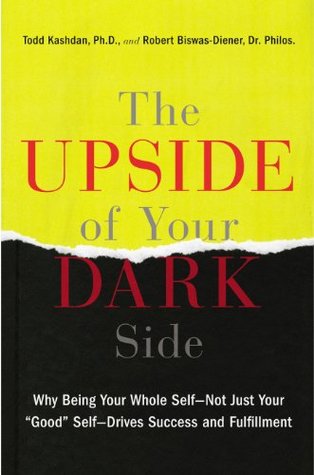More on this book
Community
Kindle Notes & Highlights
by
Todd Kashdan
There will always be experts—especially in psychology—who argue that one particular way of being (happy, hardy, optimistic) is a cure-all. In this book, we take a different approach.
the more comfortable your life is, the less patient you are likely to be with perceived problems.
Research by Kate Harkness from Queen’s University shows that people prone to depressed moods also tend to notice more details.
We ask you to consider this question in regard to guilt: is it going to help or hurt you in the quest to become a better, stronger, wiser person?
An argument could be made that our brains require free-floating mental activity to uncover, discover, and consolidate information in the same vein as our physical body requires adequate sleep, exercise, and vitamin D.
Mindfulness is a resource-intensive strategy; there’s a reason we are not exclusively hardwired that way. When the mind wanders, our brain activity is almost the same as when we are resting.
the Lonely Planet guide to France cautions Americans not to smile at strangers on the street. What would be considered normal grinning in the United States is something akin to idiocy on the streets of Paris.
nothing is cooler than being passionate about whatever it is you are passionate about—and doing so with reckless abandon. Especially if that passion is aligned with who you are, what you are intrinsically interested in, and what you want your life to stand for.


